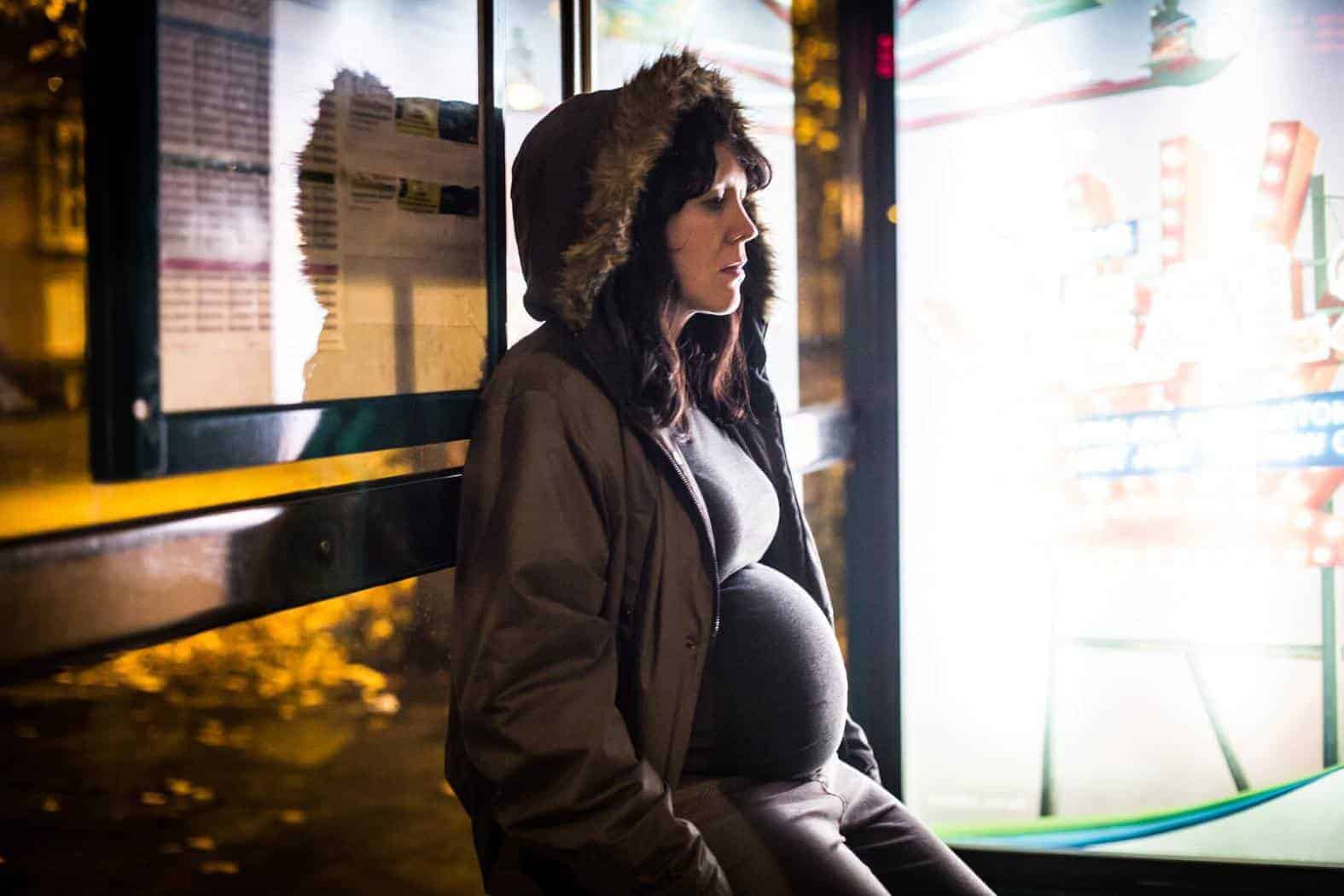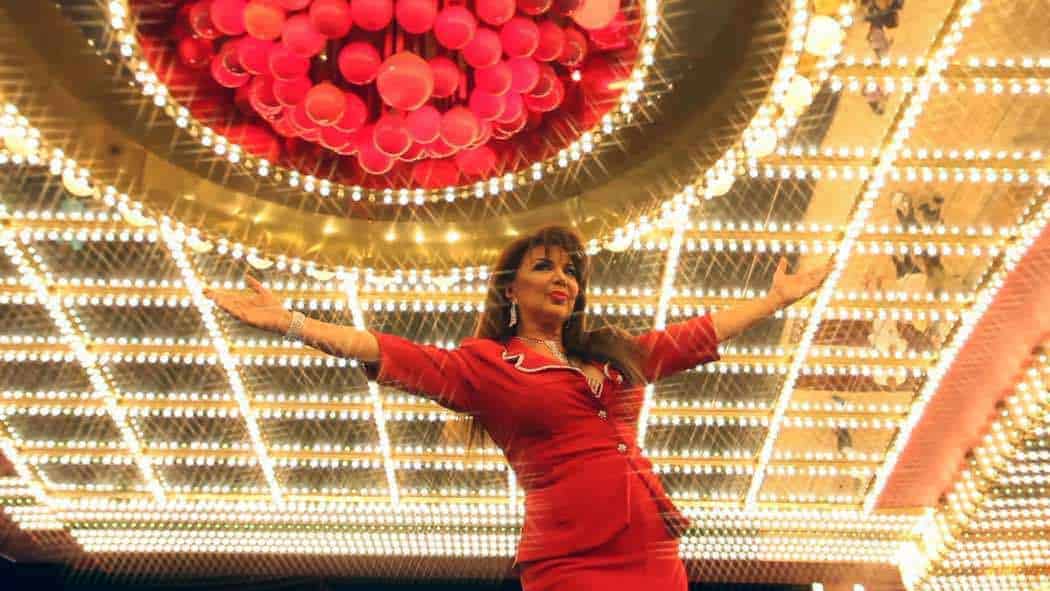First-time writer-director Michael Koch discusses his TIFF16 film Marija, an unconventional story of female empowerment about an immigrant woman in search of her independence above all else. We also named Margarita Breitrkeiz’s performance one of the best of the year.
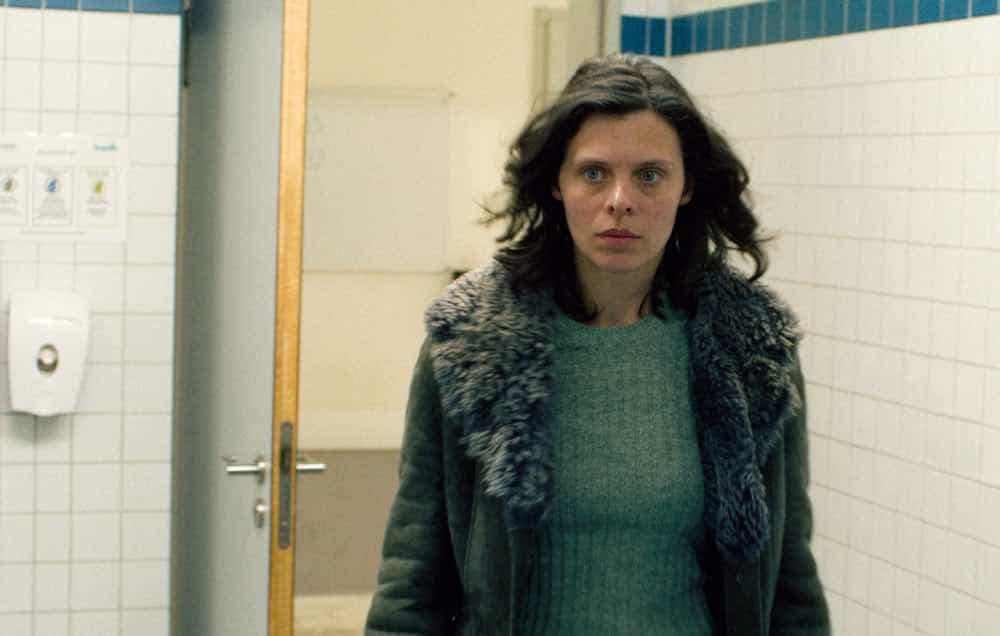
My favourite TIFF film this year was Michael Koch’s Marija, which follows its eponymous subject as she steals, performs sexual favours, and works as a translator to save money to teden her own hair salon. Set in Dortmund, Germany, Marija (theatre actress Margarita Breitkreiz, compelling in the role) lives on the edge of morality, making questionable life choices in order to succeed with her business plans. For instance, she offers her rent collector sexual favours in order to avoid paying rent. But she’s never a victim: she has full autonomy over her actions. When Marija meets a man named Georgi (Georg Friedrich), she must decide whether she will allow love into her life or put her own career goals first.
It took Koch five years to write the screenplay, so long that his co-writer, Juliane Grossheim, couldn’t stay on to finish it with him. Koch’s main inspiration was to “write a story about a woman who doesn’t accept her role as a victim. She is cleaning hotel rooms and she’s saying, ‘No I don’t want to [live this life].’ This is what society gives her,” Koch explained. ”She’s ambiguous, and I think that’s really interesting to watch. You never know where she’s going or what she’s doing.”
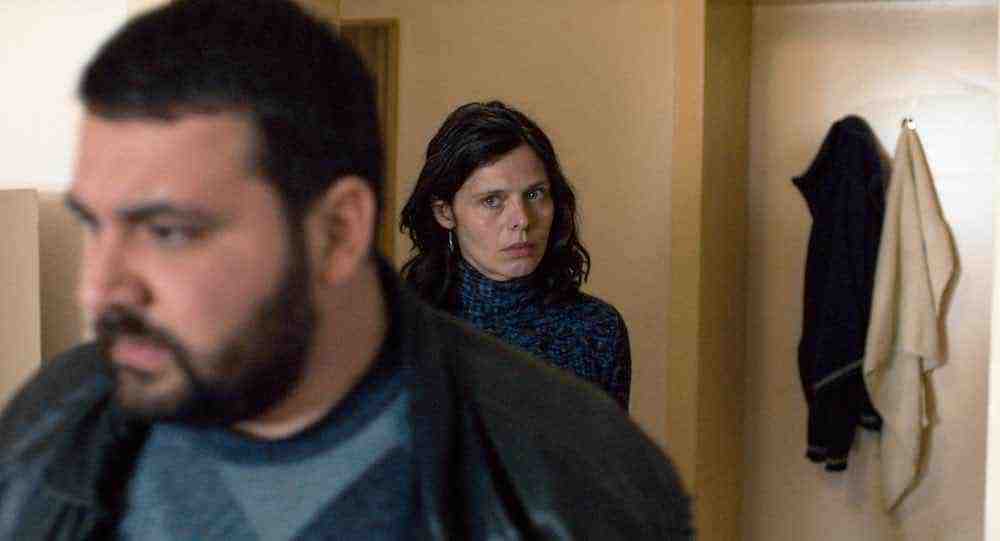
After writing and casting the film, Koch rewrote each “role in the film for the [specific] actor” so that they didn’t “have to really act [the] role.” Because Georg Friedrich constantly smoked menthol cigarettes, the director had his character do so in the film. Similarly, Breitkreiz herself only had one close friend, a friend with whom she would speak her native language of Russian, so Koch changed Marija’s best friend Olga to match.
Koch and his director of photography, Bernhard Keller, opted to shoot Marija from behind or in side profile throughout the film. In the beginning of the film, we follow “Marjia from behind because she has no story yet. She has no place in society. Then, you get to know her during the story, and [in] the end, you see her from [the] front. Now she’s got a little place in society,” with her own hair salon. Marija is “really focused. She doesn’t look right [or] left, [and] she doesn’t look behind her. She [regrets] nothing.”
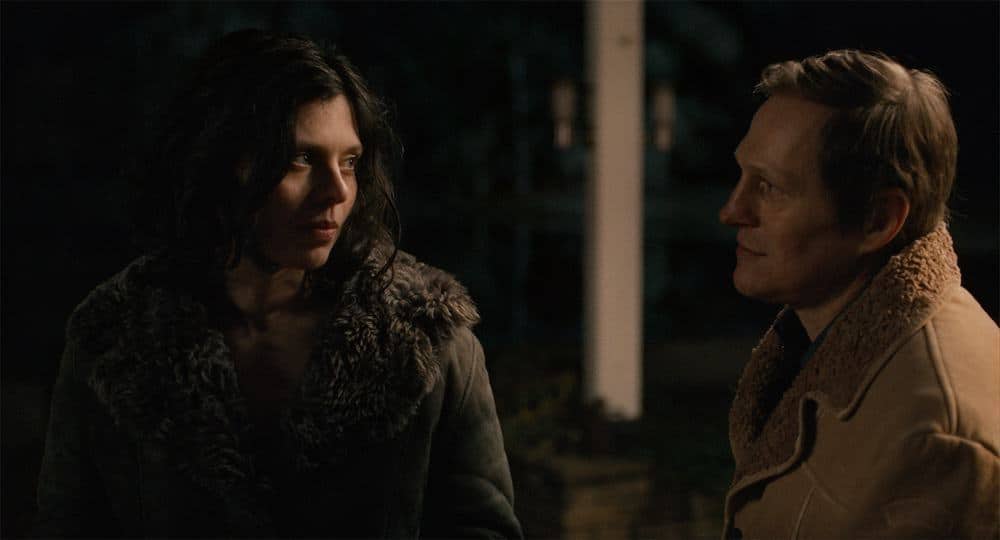
To ensure he captured the authentic immigrant experience, Koch talked with Dortmund immigrants about their lives. He would sit in coffee shops to inhabit the environment. “This is an amazing area, [with] people from over 130 countries living there,” Koch explained. “The little roles in the film, there’s no actors, [just people I met [in Dortmund],” Koch proudly declared. He collected little stories from interviews with immigrants and put them into the film. For example, one story that he had heard became the scene where Marija takes a man from Romania to the doctor to have his leg examined so she can translate the interaction. “I didn’t invent one story in the film,” Koch affirmed.
Commitment and love do not play a role in the relationships of the film; instead they are purely transactional. Real love is a “luxury. It’s always the thing you cannot afford,” said Koch. He was also adamant that the immigrant experience shouldn’t be romanticized, which is why Koch opted for a bittersweet ending. Marija succeeds at opening her own business, but it’s at the cost of her romantic relationship with Georgi, her boss.
When Georgi confronts Marija about leaving Germany, “she’s lying [when she says], ‘’No I don’t have any feeling for you.’ She just wants to say, ‘I’m sorry, you are really important for me, but I have to stay here,’ [which is] sad.” But she’s finally self-sufficient, which Koch reveals is “an important step [towards a] more self determined life. The next guy she’ll meet will [result in] a different relationship because now, she’s [at a different] point.”
